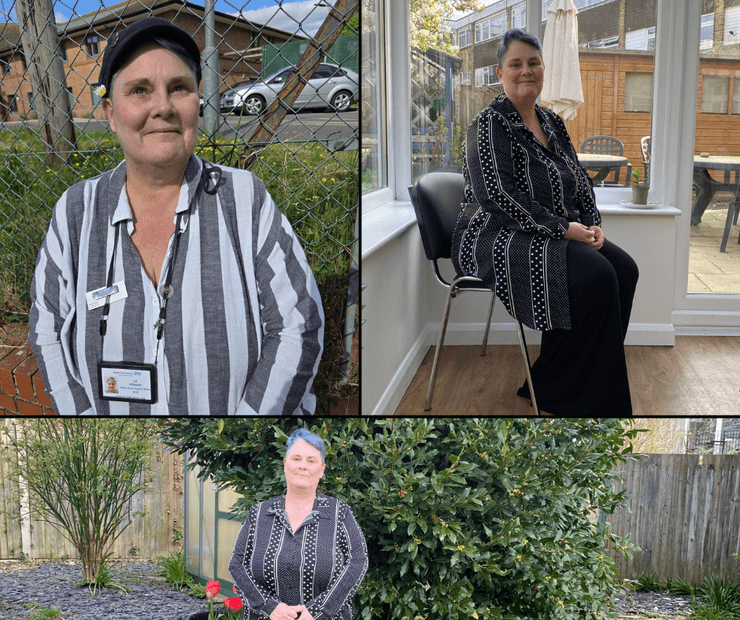Sometimes it’s the small things that can make a difference for someone living with a mental health condition.
A bus journey. Sounds simple enough. But if, like for one of the service users we support through our community mental health service for people living with psychosis, a noisy bus journey can trigger voices in your head, it takes a long time to recover from that. What started as a simple bus trip from West Sussex to Brighton can morph into a draining and exhausting experience.
Enter Liz, our mental health rehabilitation worker, who is part of a multi-disciplinary team working with people with psychosis in partnership with Sussex Partnership NHS Foundation Trust (SPFT). Liz supports this person by accompanying him on bus journeys to build confidence and his connection with the community.
“If he’s alone on a noisy bus, it can trigger him to hear voices, the effects of which can be so profound that he will then need to take a whole day to recover,” Liz explains. “But if I go with him and we chat during the journey, it helps distract him, which reduces the likelihood of this happening.”
Community-based support
Liz is 11 months into her new role, which is a partnership with the local NHS, with West Sussex Mind employees working in SPFT’s Community Rehabilitation Service team supporting people with psychosis. Liz is based at Swandean Hospital in Worthing, and her remit is to support people with psychosis in the community and co-facilitate groups for them. The idea is that through West Sussex Mind, the service users can be linked into other community-based mental health services, such as our social activities groups, in the longer term.
Liz is currently supporting seven people of different ages, going out to visit them in their own homes, care homes or supported housing. She is also running groups for them with her SPFT colleagues at different venues in the community.
